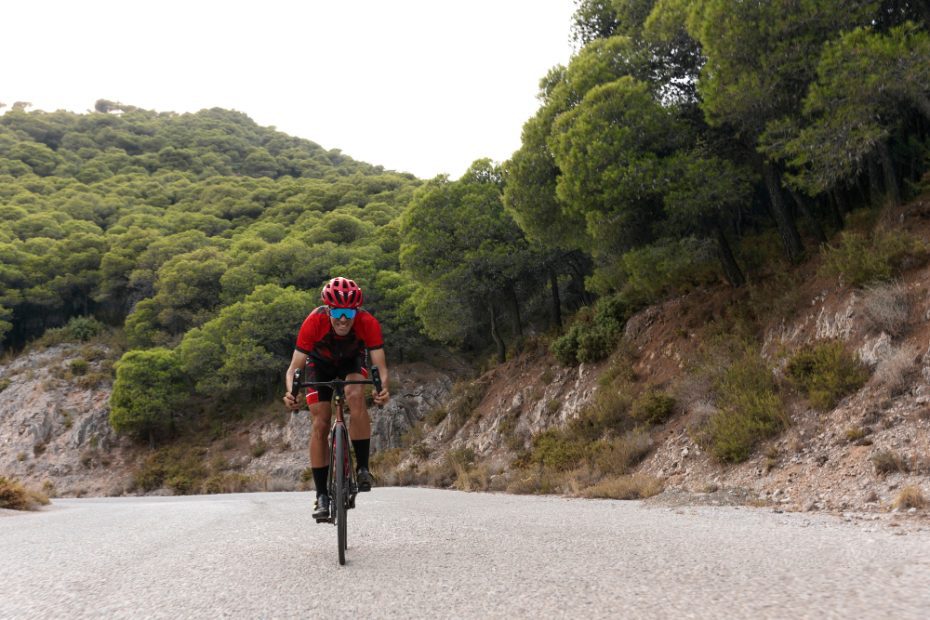How many hours a week do pro cyclists train?
Professional cyclists are known for their incredible endurance and stamina. To achieve such high levels of fitness, these athletes dedicate a significant amount of time to training. While the exact number of training hours can vary depending on factors such as the specific discipline, training phase, and individual preferences, it is generally accepted that pro cyclists train anywhere from 15 to 30 hours per week.
Training Volume
The training volume of professional cyclists is significantly higher than that of recreational or amateur cyclists. These elite athletes often spend several hours each day on their bikes, focusing on building both their aerobic and anaerobic capacities. The high volume of training allows them to develop the endurance necessary to sustain long-distance races and tackle challenging terrains.
Focused Workouts
Pro cyclists usually follow structured training programs that include a mix of endurance rides, intervals, hill repeats, and recovery sessions. These workouts are carefully planned to target different aspects of cycling performance, such as improving power output, increasing speed, and enhancing overall fitness. The combination of varied training sessions helps pro cyclists build a well-rounded skill set and optimize their performance in races.
Periodization
Periodization is a common approach used by pro cyclists in their training. It involves dividing the training year into distinct phases, each with a specific focus. For example, the off-season may prioritize base training to build a solid foundation of endurance, while the pre-competition phase may emphasize intensity and race-specific workouts. By structuring their training in this way, pro cyclists avoid burnout and peak at the right time for important events.
Recovery and Rest
Despite the demanding training schedules, pro cyclists also recognize the importance of rest and recovery. Adequate rest periods allow the body to repair and adapt to the stress of training, reducing the risk of overuse injuries and fatigue. Professional cyclists often incorporate rest days into their training plans and prioritize quality sleep and nutrition to support their recovery process.
Quotes from Top Cyclists
“Training is not just about quantity, but also about quality. It’s important to train hard, but equally important to recover well.” – Chris Froome, four-time Tour de France winner.
Summary
In summary, pro cyclists train extensively, dedicating numerous hours each week to enhance their cycling abilities. They follow structured training programs, incorporating a variety of workouts to improve their endurance, power, and speed. Periodization plays a crucial role in their training approach, allowing them to optimize performance during key events. Additionally, pro cyclists prioritize rest and recovery to prevent burnout and facilitate proper adaptation to training stress. By striking a balance between intense training and adequate rest, these athletes maximize their chances of success on the competitive stage.
How many hours do elite cyclists train?
When it comes to elite cyclists, training hours are an essential factor that greatly contributes to their success. These athletes dedicate a significant amount of time to training in order to improve their endurance, strength, and overall performance on the bike.
The training volume
The number of hours elite cyclists spend training can vary depending on their specific goals, competition schedule, and individual needs. On average, they usually train between 20 to 30 hours per week. However, during intense periods of preparation for major races or events, this can increase to 30 to 40 hours or even more.
Training structure
Elite cyclists follow a structured training program that incorporates different types of workouts to target various aspects of their performance. This includes long rides to build endurance, high-intensity interval training to improve speed and power, strength training sessions, and recovery days to allow their bodies to rest and adapt.
Importance of rest and recovery
While training volume is crucial, elite cyclists also recognize the importance of rest and recovery in their training regimen. They understand that adequate rest periods allow their bodies to recover, repair muscle tissues, and prevent overtraining and injuries. Therefore, they strategically plan rest days and incorporate recovery activities such as stretching, foam rolling, and massages into their routine.
The role of nutrition
Nutrition plays a vital role in supporting the training efforts of elite cyclists. They carefully plan their meals to ensure they’re consuming enough calories, carbohydrates, proteins, and healthy fats to fuel their workouts and aid in recovery. Additionally, they focus on proper hydration and may also use supplements to meet their specific nutritional needs.
Quotes from elite cyclists
“Training is not just about riding for hours; it’s about the quality of the sessions and pushing your limits.” – Chris Froome
Training table example
| Day | Type of Training | Duration |
|---|---|---|
| Monday | Endurance ride | 4 hours |
| Tuesday | Interval training | 2 hours |
| Wednesday | Strength training | 1 hour |
| Thursday | Rest day | N/A |
| Friday | Tempo ride | 3 hours |
| Saturday | Recovery ride | 1.5 hours |
| Sunday | Long endurance ride | 5 hours |
Conclusion
Elite cyclists have a rigorous training schedule and commit numerous hours to their craft. However, it’s not just about the quantity of training but also the quality and the recovery strategies implemented. A well-structured training program, combined with proper nutrition and rest, allows these athletes to maximize their performance potential and compete at the highest level.


